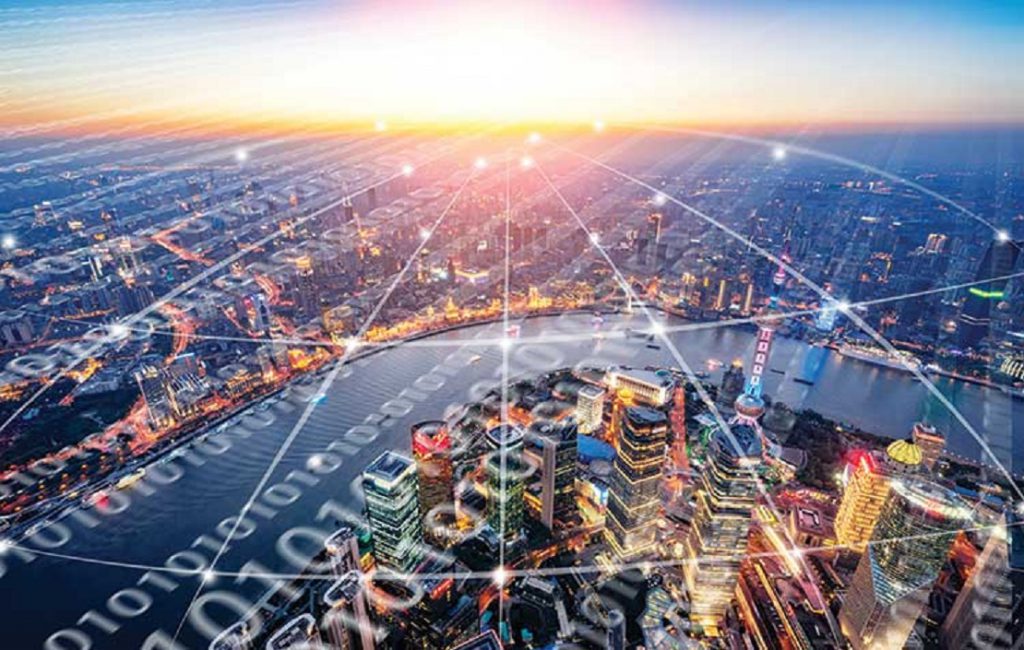5 Emerging technologies to transform gaming

Technology is going to continue to change our way of doing business and whoever takes advantage of this before others do will inevitably come out on top.So what does the future hold? Here are the five emerging technologies I believe will have the most impact on the gaming world in the years to come.
DISTRIBUTED LEDGER (BLOCKCHAIN)
When someone mentions “blockchain”, the first association that comes to mind is usually “bitcoin”, but the use of this technology is far more than just bitcoin. Blockchain is in fact merely a method of realizing the concept behind the technology which is more accurately descripted as Distributed Ledger.
The primary purpose of Distributed Ledger is to offer a trustful method to record ownership of “things” and to exchange “things”. Each ledger contains only a fraction of the data so even if someone gains unauthorized access, they will not be able to make sense of it.
Utilizing the technology to create cryptocurrency is one of the many ways blockchain can benefit the gaming industry. However, there will first be legal challenges and trust to be built with regulators worldwide.
The most foreseeable legal use case of the technology is via the development of a trusted network to bring gaming operators and game developers together, creating something new for customers while increasing the transparency of data for gaming regulators.
ARTIFICIAL INTELLIGENCE (AI)
AI is about automation and machine learning. It allows machines to observe and to learn from human behavior.
AI can detect patterns in hacker attacks and provide predictive analysis for breaches before they occur.
AI can also improve customer retention, engagement and support by predicting customer behavior. It can play a crucial role in scheduling, predictive maintenance, maximizing efficiency and reducing costs. At the same time, it will create new job opportunities for those tasks humans will always perform better including customer engagement and services among many others.
The challenge of AI technology is the interoperability between systems and making the technology more publicly affordable.
BIG DATA
The definition of Big Data is … an extremely large set of data! Yes, Big Data means a lot of data but of course it doesn’t stop there. The most important part of Big Data is the ability to analyze it to reveal patterns, trends and associations, especially those relating to behavior and interactions.
Big Data can be analyzed for insights that lead to better decisions and strategic business moves, as well as for better Artificial Intelligence building. When combined with AI, companies can use Big Data to detect fraudulent behavior before it affects their organization and determine the root cause of failures in near-real time.
INTERNET OF THINGS (IoT)
This technology will help connect your rice cooker to your car and your phone. That may sound a little unusual at first, but think of it this way: if you are stuck in a heavy traffic jam on your way home, your rice cooker can delay the cooking time of your dinner and your phone will notify your childrens’ teachers about any delay in picking them up at school.
IoT devices are those that would not normally have internet connectivity yet once connected can communicate with each other. This ability allows for new, more effective ways of day-to-day operations.
5G MOBILE NETWORK
Last but not least, the latest innovations in mobile are emerging in 2019. The new generation of mobile communications promises increased speed and much lower latency.
Currently the average speed of the internet is 10MB/s, but 5G can potentially offer a connection that is 100 times faster with lower latency!
What exactly would that mean? The new 5G will provide more opportunity to connect to the IoT, thus enabling more Big Data to develop better AI, ultimately offering a competitive edge to those that can make the best use of all these technologies combined.





